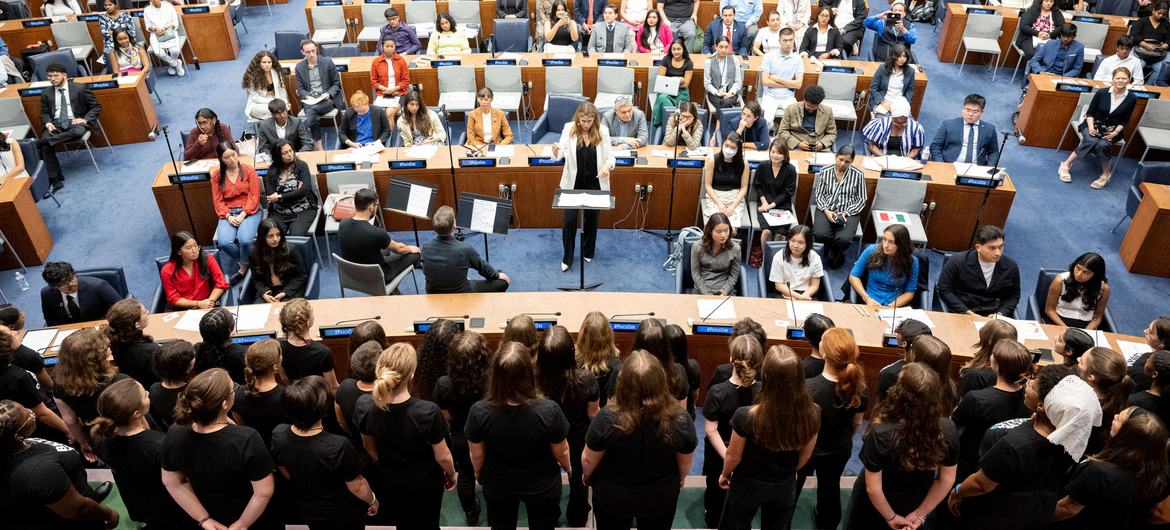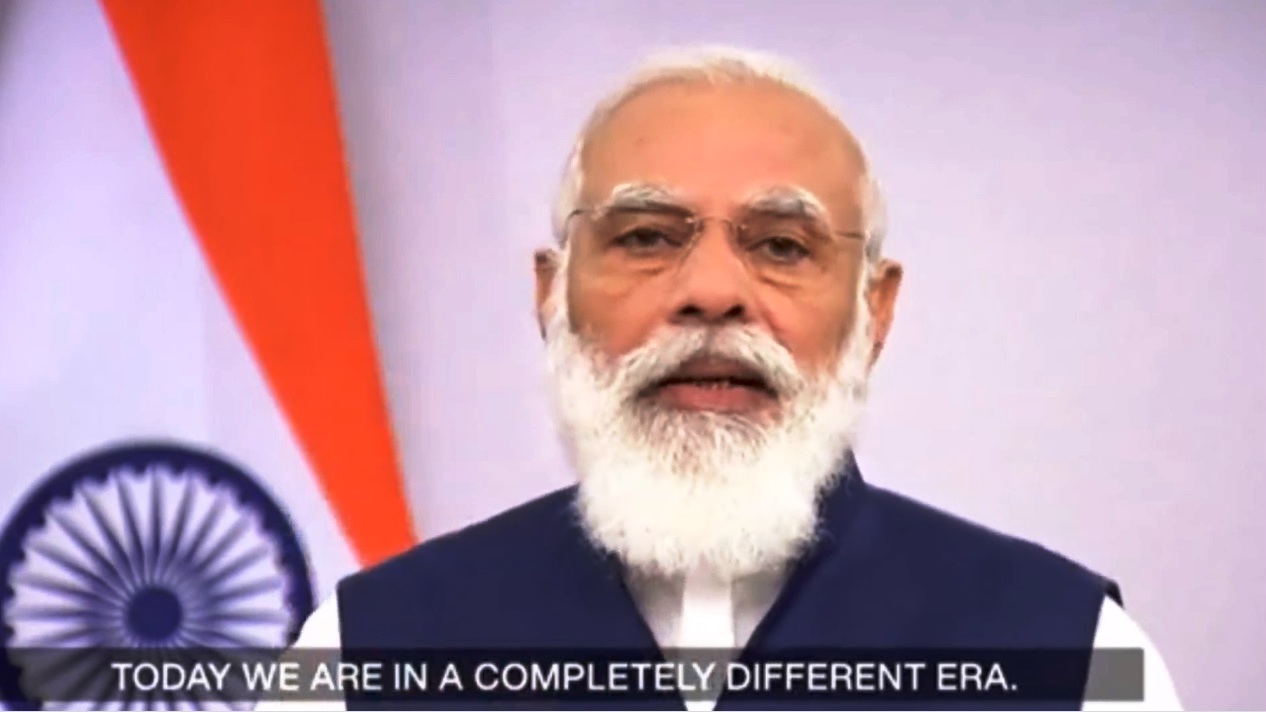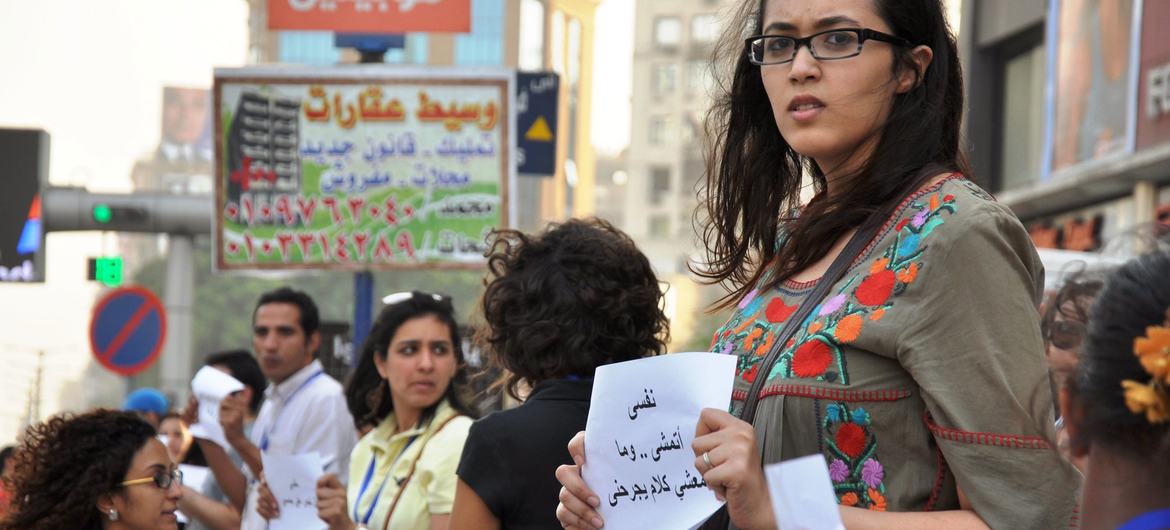The UN Secretary-General appealed for an immediate humanitarian ceasefire in Ukraine on Monday, so that “serious political negotiations” can advance towards a peace agreement, based on the principles of the United Nations Charter
 KRC TIMES Desk
KRC TIMES Desk
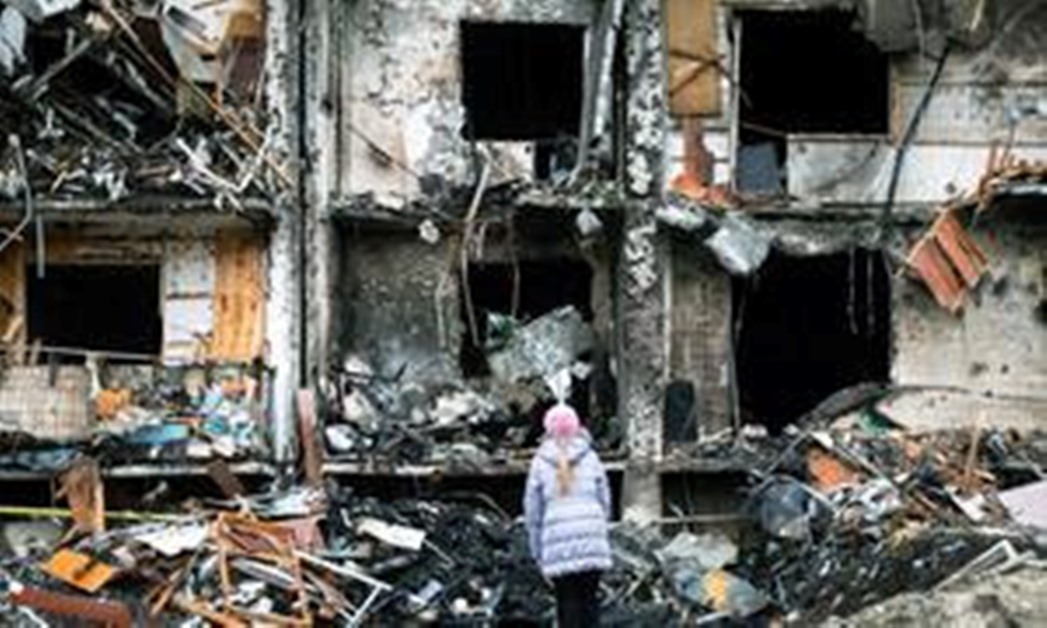

“A cessation of hostilities will allow essential humanitarian aid to be delivered and enable civilians to move around safely. It will save lives, prevent suffering, and protect civilians”, said António Guterres, speaking to reporters outside the Security Council in New York, as Russia’s assault and bombardment of Ukrainian towns and cities continues.
“I hope a ceasefire will also help to address the global consequences of this war, which risk compounding the deep hunger crisis in many developing countries that already lack fiscal space to invest in their recovery from the pandemic, and now face soaring food and energy costs”, he added.
Nuclear weapons use ‘must be avoided’
Responding to questions from correspondents after his statement, the UN chief said that in relation to the possibility of any use of nuclear weapons by Russia, or any bio-chemical weapons use relating to the war in Ukraine. “That would be something that, I believe, will be avoided – it must be avoided.”
Mr. Guterres said that the UN Humanitarian Affairs chief, Martin Griffiths, would “immediately explore” an agreement with Russia and Ukraine for the ceasefire, and the UN chief added that he was in “close contact” with other countries in the hope of involving Russia in meaningful negotiations, including Turkey, Qatar, Israel, India, China, France and Germany.
Since the beginning of the Russian invasion one month ago, the war has led to the senseless loss of thousands of lives; the displacement of ten million people, mainly women and children; the systematic destruction of essential infrastructure; and skyrocketing food and energy prices worldwide”, said the UN chief.
UN ‘doing everything in it’s power’
This must stop”, he added, declaring that the UN is “doing everything in its power to support people whose lives have been overturned by the war.”
In the past month, beyond support to refugee hosting countries, the UN’s humanitarian agencies and partners have reached nearly 900,000 people, mainly in eastern Ukraine, with food, shelter, blankets, medicine, bottled water, and hygiene supplies, he said.
There are now more than 1,000 UN staffers in Ukraine, working via eight humanitarian hubs in Dnipro, Vinnytsia, Lviv, Uzhorod, Chernivitzi, Mukachevo, Luhansk and Donetsk.
Aid getting through
The World Food Programme (WFP) and partners reached 800,000 people in the past month and are scaling up to reach 1.2 million by the middle of next month, said Mr. Guterres.
The World Health Organisation (WHO) and partners have reached more than 500,000 people in the most vulnerable areas with emergency health, trauma, and surgery kits, he added.
“Just today, a convoy of trucks brought food, medical and other relief supplies from WFP, WHO, UNHCR, UNICEF to Kharkiv, to be delivered by our national partners to thousands of people in hard-hit areas”, he said.
“Our agencies and partners are procuring vital supplies and setting up pipelines for delivery throughout Ukraine in the coming weeks.”
Political solution
But the UN chief made it clear that any solution “to this humanitarian tragedy is not humanitarian. It is political”, making a strong appeal to the parties to the conflict, and to the international community overall, “to work with us for peace in solidarity with the people of Ukraine and across the world.”
Advertisement | KRC Foundation
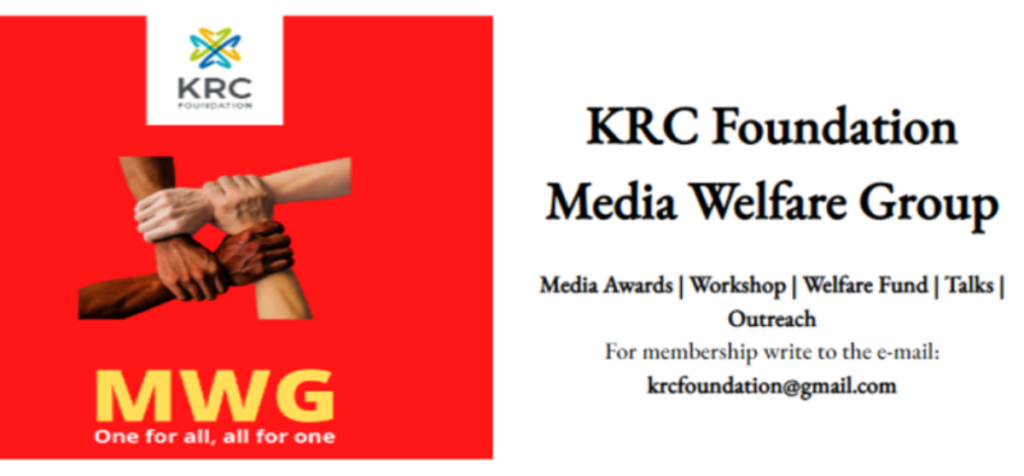
To know more, visit: https://bit.ly/3KVFnRq

